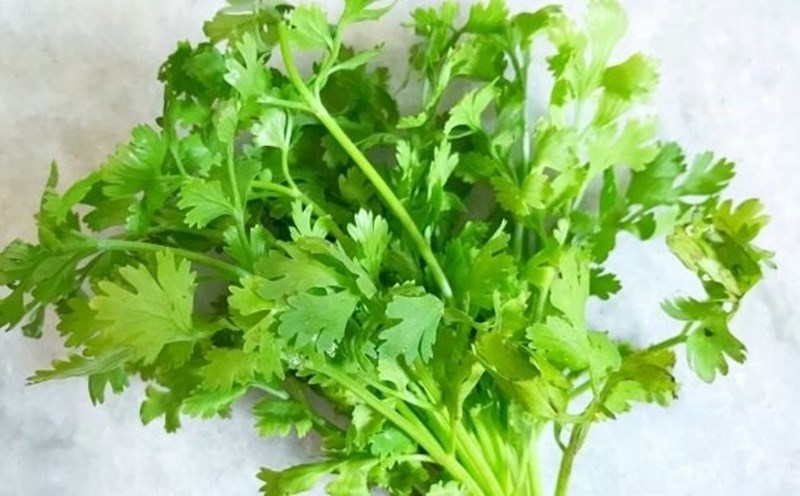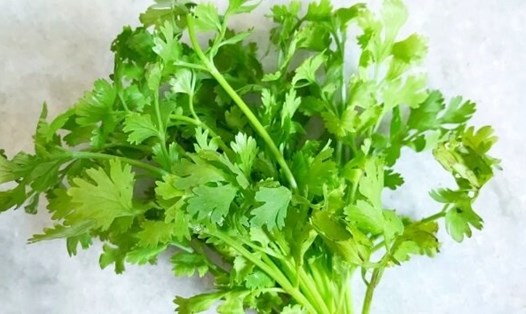Peanuts contain a high amount of monounsaturated and polyunsaturated fats – two healthy fats that have been shown to help reduce visceral fat.
Research from the American Heart Association (AHA) shows that unsaturated fats help reduce bad cholesterol, increase good cholesterol, and support the body's fat metabolism. Unsaturated fats found in peanuts help reduce the accumulation of fat around the organs, thereby reducing the risk of diseases related to visceral fat.
A study published in the journal Nutrition & Diabetes found that consuming unsaturated fats from foods like peanuts can help your body burn more fat at rest. This means that adding peanuts to your diet can reduce your risk of visceral fat accumulation by increasing your body's natural calorie-burning process.
Peanuts provide a high amount of protein, which helps increase satiety, control appetite, and reduce the need for snacking. Protein not only helps maintain muscle, but also stimulates the body to consume more energy when digested, thereby helping to burn fat, especially visceral fat.
When eating peanuts, the body feels full longer and is less likely to eat more foods high in calories or sugar, thereby supporting the reduction of visceral fat.
Peanuts also help stabilize blood sugar thanks to their low glycemic index, which reduces blood sugar fluctuations after eating. This helps the body maintain stable insulin levels, avoiding the accumulation of visceral fat due to insulin fluctuations - a common factor in people who consume foods with high blood sugar.
Peanuts are a rich source of fiber, which helps improve digestive function and maintain weight. The fiber in peanuts reduces the amount of calories absorbed from food and aids in the elimination of excess fat. Fiber also reduces cholesterol, preventing fat accumulation in the blood and around internal organs.
Antioxidants like resveratrol and vitamin E in peanuts also help reduce inflammation, a factor that leads to visceral fat accumulation.
To effectively reduce visceral fat, you should eat peanuts in reasonable amounts, about 28-30 grams (equivalent to a handful) per day. You should choose unsalted peanuts that are not fried in oil.
Peanuts can be eaten as a snack or added to salads, smoothies or cereals. Unsweetened and low-salt peanut butter is also a good choice.
However, peanuts are high in calories, so you should not consume them in excess to avoid unwanted weight gain. Incorporating peanuts into a healthy diet, along with regular exercise, will help reduce visceral fat and maintain overall health.









